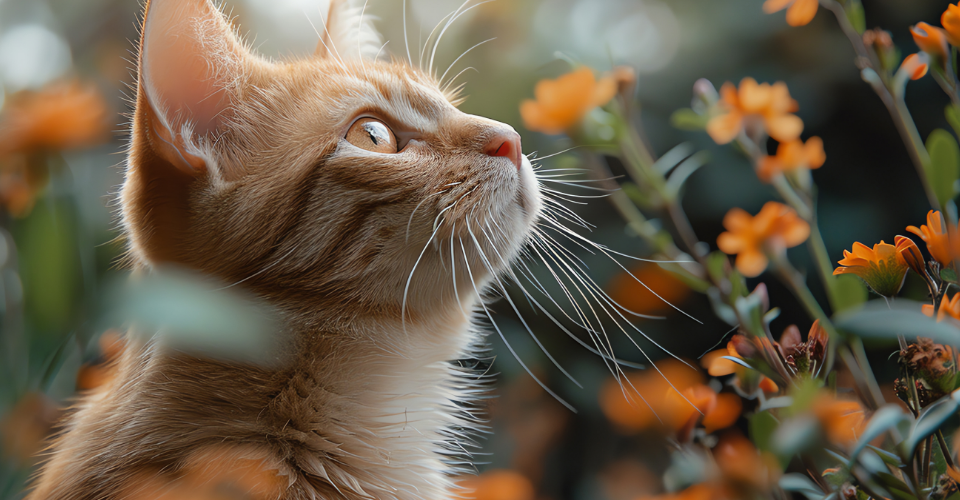Everything You Need to Know to Manage Your Pets’ Allergies This Spring
Spring allergies are in the air, and Dr. Laura Roux from Northdene Vet Clinic is here to share her top tips for beating those sniffles!
All About Pet Allergies
What are the most common types of allergies?
"Here on the East coast of South Africa, in Durban, we have a much higher parasite burden, particularly fleas, which are responsible for many allergic skin conditions. Environmental allergies such as grasses, pollen, fungal spores and house dust mites are also triggers.
Common Allergy Symptoms?
"The most common sign of an allergy is if your pet is licking or scratching especially their feet or ears. Many ear troubles are secondary to underlying allergy triggers. Flea allergic dermatitis in dogs and cats often presents with classic hair loss and itchy skin at the base of the spine where the tail starts."
How do you treat or prevent allergies?
"Regular ongoing flea control is vital in an allergic pet, even if fleas are not the main trigger. Several excellent diets are on the market, ranging from hypoallergenic and protein-exclusion to skin-support diets. Hypoallergenic shampoos help calm irritated skin and supplements can be added to your pet's food for their skin and coat."
What should you do in case of a severe allergic reaction?
"The first step for a severe allergic reaction is always to ensure you have your veterinarian's and emergency vet's telephone numbers easily accessible. Call for help or proceed straight to the clinic as quickly as possible.
Never underestimate a bee sting, and do not self-medicate until you have spoken to your vet. Paracetamol (trade name Panado/Calpol) is toxic to felines.
More about our Vet of the Month – Dr Laura Roux
How long have you been caring for pets?
I have been a small animal general practitioner for 31 years and a sole practice owner for 11 years during this time. I work as a locum veterinarian, mostly at Northdene Vet Clinic, where we treat dogs and cats.
When did you decide to become a vet?
"Back when I was younger, I wanted to be a magician. Nowadays, I still feel like a magician in a way when some patients who have been at death's door survive and get healthy again. The pivotal moment for my decision to study Veterinary Science came after spending the day with a lovely vet who ran the mobile clinic for the veterinary faculty of Medunsa University in Pretoria. He was truly inspirational in his way of handling all sorts of animals, making a difference in their lives and their owners."
Last Thoughts
"Always remember an allergy is not curable but often manageable. Speak to your veterinarian about the options available to assist our itchy, allergic friends. "


